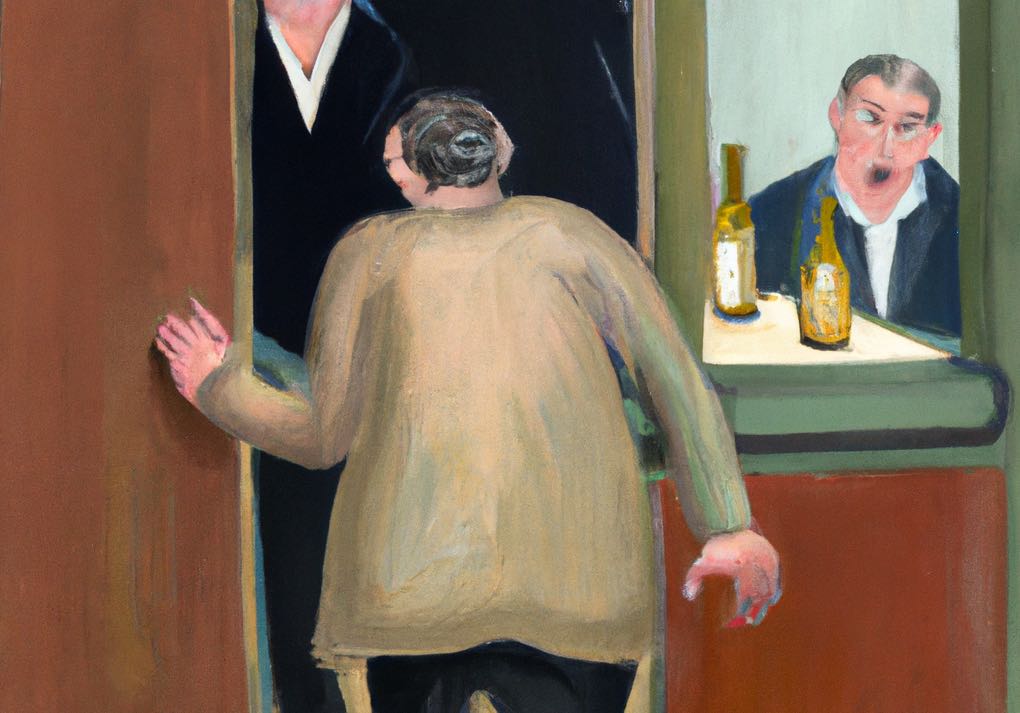If you’re one of the millions of people who suffer from social anxiety, you know how debilitating it can be. You may feel like you’re being judged, or that you’re not good enough.
You may worry about what others think of you, or that you’ll say or do something wrong. You may avoid social situations altogether, or if you do go, you may spend the whole time feeling anxious and out of place.
OCD and Social anxiety
Do you find yourself obsessively worrying about things that you know don’t warrant that level of anxiety? Do you find yourself avoiding social situations because you’re afraid of what others might think of you?
If so, you might be suffering from OCD and social anxiety.
I have dealt with OCD and social anxiety for as long as I can remember. It’s something that I have always had to manage on a daily basis. I’ve never been able to just “let go” and not worry about things. I’m always on edge, always worrying about what others think of me and if I’m doing something right. I constantly second guess myself and it’s exhausting. I have to be in control of everything in my life or I just can’t function.
Amelia, Spain
OCD, or Obsessive Compulsive Disorder, is an anxiety disorder that manifests in obsessive thoughts and repetitive behaviors.
Social anxiety is another form of anxiety that can be debilitating. People with social anxiety often avoid social situations because they’re afraid of being judged or embarrassed. They might worry about saying the wrong thing or being laughed at.
Fortunately, there are treatments available for both OCD and social anxiety. Cognitive behavioral therapy is often effective in treating OCD. This type of therapy helps people to change their thinking patterns and learn how to manage their anxiety. Medication can also be helpful in treating OCD and social anxiety. If you think you might be suffering from either of these disorders, it’s important to seek professional help.
The good news is that there are things you can do to ease your social anxiety and make social situations more enjoyable. Here are seven tips:
1. Understand your social anxiety. In order to manage your social anxiety, it is important to first understand what it is and how it manifests itself. This will help you to identify your triggers and work on overcoming them.
2. Challenge your negative thoughts. When you are feeling anxious about a social situation, it is likely that you are also experiencing negative thoughts about yourself. These thoughts can fuel your anxiety and make it harder to manage. Challenge these negative thoughts by asking yourself why they are not true.
3. Practice deep breathing. When you are feeling anxious, your body goes into fight-or-flight mode. This can cause you to feel shaky, have a racing heart, and feel short of breath. Practicing deep breathing can help to calm your body and mind.
4. Create a mental escape plan. If you are feeling particularly anxious in a social situation, it can be helpful to have an escape plan in mind. This could involve excusing yourself to go to the bathroom or stepping outside for fresh air. Having a plan in place can help to ease your anxiety.
5. Talk to someone you trust about your anxiety. It can be helpful to talk to someone who understands what you are going through. This could be a friend, family member, therapist, or doctor. Talking about your anxiety can help to lessen its hold on you.
6. Gradually and safely, expose yourself to social situations. If you are avoiding social situations due to your anxiety, it can be helpful to gradually expose yourself to them. Start with small gatherings and work your way up to larger ones. This will help you to build up your confidence and ease your anxiety.
7. Seek professional help. If your social anxiety is severe, seeking professional help may be the best option. A therapist can help you to identify your triggers and work on coping mechanisms.
